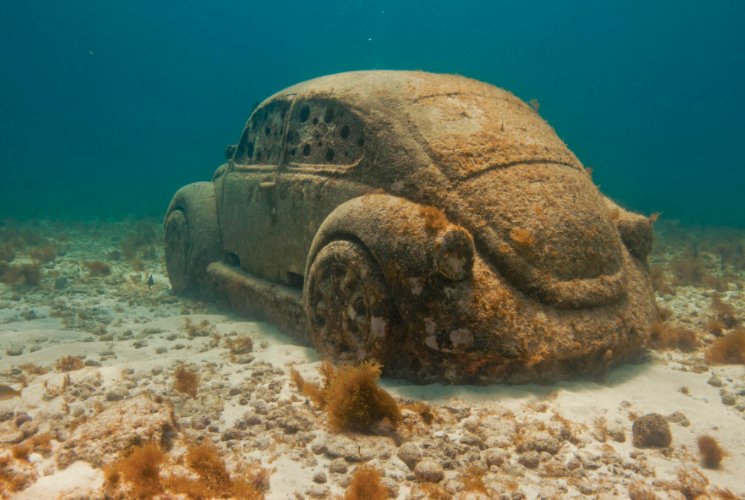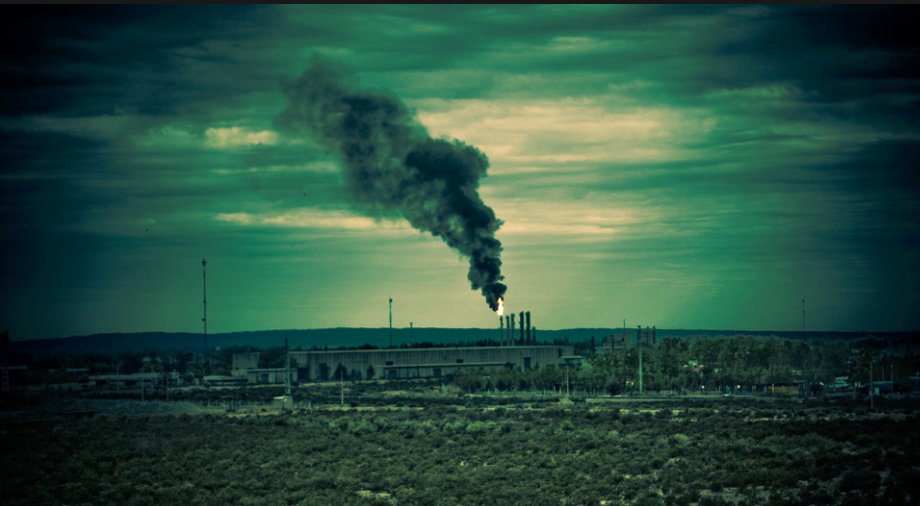The Anthropocene Debate - WHEN did HUMAN impact on the Environment BEGIN?

I have written extensively on this topic. In this article I will simplify the main arguments in an effort to better educate and illustrate the central themes regarding origins of the Anthropocene.
As such, some of the main markers regarding the progression in epochs would be the sediment layers and remains of human activities as well as chemical deposits found in the soil. These changes were described by Zalasiewicz, for example, as he went through the climate and emissions in a historical perspective. Discussing the different markers for the Anthropocene I will outline the periods that I consider be the most outstanding in the literature.
Depending on the academic principle involved in the investigations, the markers that are used to determine the start of the Anthropocene varies. So far I am more inclined to understanding the Anthropocene as a process, rather than the idea that it can be traced to one specific event that sparked it. As a consequence, the earliest markers a possible connection between the extinction of Megafauna and human activity, although “based on remarkably few localities that demonstrate coexistence of humans and now extinct species.” (Foley 2013, p.3) This was followed by a shift in social organization, due to the “ultrasociality” character of humanity (Gowdy 2013).

Hunter-gatherer societies transitioned to societies based on agriculture, implying the clearing of land to be able to grow surplus food in order to sustain the concentrated and growing population of early cities. The impact on the land usage became a stark contrast to the previous era, as “In contrast to hunter-gather, agriculturalists collectively mobilized efforts toward intensively exploiting land to grow only a few crops” (Gowdy 2013, p. 141). Early eyewitness accounts, as those by Strabo and Plato, bear witness of such a rapidly increasing deforestation (Ruddiman 2003, p. 276). The clearing of forests, as well as other natural phenomena, caused a spike in CO2 deposits, among other chemical deposits, in soil sediments (Ruddiman 2003, p. 274).

Although the markers are measurable, the investigation analyzed by Ruddiman also contrasts the findings to natural changes and anomalies, which could explain the chemical deposits. Following this change is the Industrial revolution, and as Gowdy claims, “our species now dominates the basic biophysical processes of the earth and is influencing the evolution of the rest of the world’s species” (Gowdy 2013, p. 138). A marker would be the increased usage of earth’s resources and later the exploitation of fossil fuels (Zalasiewicz 2015, p. 198). The last markers would be found in the period from the 1950’s and onward during the era of the Great Acceleration, with a significant imprint of human activity on Earth (Steffen 2015, p. 83). The markers of the last era would be the presence of artificial radionuclides throughout the world. (Zalasiewicz 2015, p. 200).
In conclusion, the eras and the markers of the Anthopocene can be summarized as follows:
- Period 1: The habitual use of fire (200.000 years ago) and the destruction of Megafauna – organized human activity, possible extinction of species
- Period 2: Shift in lifestyle from hunter-gatherer to early civilizations 8000 years ago – land clearings and agricultural pressure on land
- Period 3: Deforestation during early civilizations 4000 years ago – increased CO2 emissions
- Period 4: Industrial revolution 300 years ago – Increased use of resources and later use of fossil fuels
- Period 5: Great Acceleration, around 50 years ago – marker: artificial radionuclides
References:
Foley, S. F., Gronenborn, D., Andreae, M. O., Kadereit, J. W., Esper, J., Scholz, D., … Crutzen, P. J. (2013). The Palaeoanthropocene – The beginnings of anthropogenic environmental change. Anthropocene. https://doi.org/10.1016/j.ancene.2013.11.002
Gowdy, J., & Krall, L. (2013). The ultrasocial origin of the Anthropocene. Ecological Economics, 95, 137–147. https://doi.org/10.1016/j.ecolecon.2013.08.006
Ruddiman, W. F. (2003). The Anthropogenic Greenhouse Era Began Thousands of Years Ago. Climatic Change, 61(3), 261–293. https://doi.org/10.1023/B:CLIM.0000004577.17928.fa
Steffen, W., Broadgate, W., Deutsch, L., Gaffney, O., & Ludwig, C. (2015). The trajectory of the Anthropocene: The Great Acceleration. The Anthropocene Review, 2053019614564785. https://doi.org/10.1177/2053019614564785
Zalasiewicz, J., Waters, C. N., Williams, M., Barnosky, A. D., Cearreta, A., Crutzen, P., … Oreskes, N. (2015). When did the Anthropocene begin? A mid-twentieth century boundary level is stratigraphically optimal. Quaternary International. https://doi.org/10.1016/j.quaint.2014.11.045
A long read but awesome :) Thanks for sharing . I hope you can visit mine too @tiffanyrej
Long read? Not really...
This is actually one of my more concise and shorter articles. Nevertheless, thanks for commenting. I will look through your posts as I notice you have some interesting photography based threads.
great post. follow me and see the post I posted @luisquijada2697
Such an interesting subject. @stabe told me about a book on it, called 'Sapiens' and retracing human evolution. It learn some of the point you talk about (as deforestation by the fire to kill megafauna) but I didn't read it yet. Hope to do it soon to can discuss of it with you. From what I know for the moment, sedentary life-style was the separation between human and nature (take advantage on it to grow), and begining of our society that we know now cause the worst troubles earth never knew (nuclear wastes and cataclysms, chimical pollution, massive deforestation, ogm contamination, carbon excess... and more). Thanks for opening this subject here, that's important to try conscientisating on our life-style to begin changing it for better.
An other point, that we take part now (more than nuclear electricity we use to make run our computers), is internet : working with carbon we make destrucing forests in america. And a big superficy...
Yes all true and very interesting, even on a philosophical level. It is these kinds of arguments you will find that supersede most of the usual geopolitical claptrap that makes mainstream media have a pulse.....it is a shame that most actually ignore it except to promote some hidden political agenda which falls nothing short of pandering to partisan divide.....which is also why these things will essentially go ignored. Check out the works by John Zerzan.
Right. And yes that's crazy how politicals are hypocrites about health of the earth (and ours in the same time). Talking about environnement, and helping their industrial friends to keep their way.. I'll have a look to this, thanks for the reference